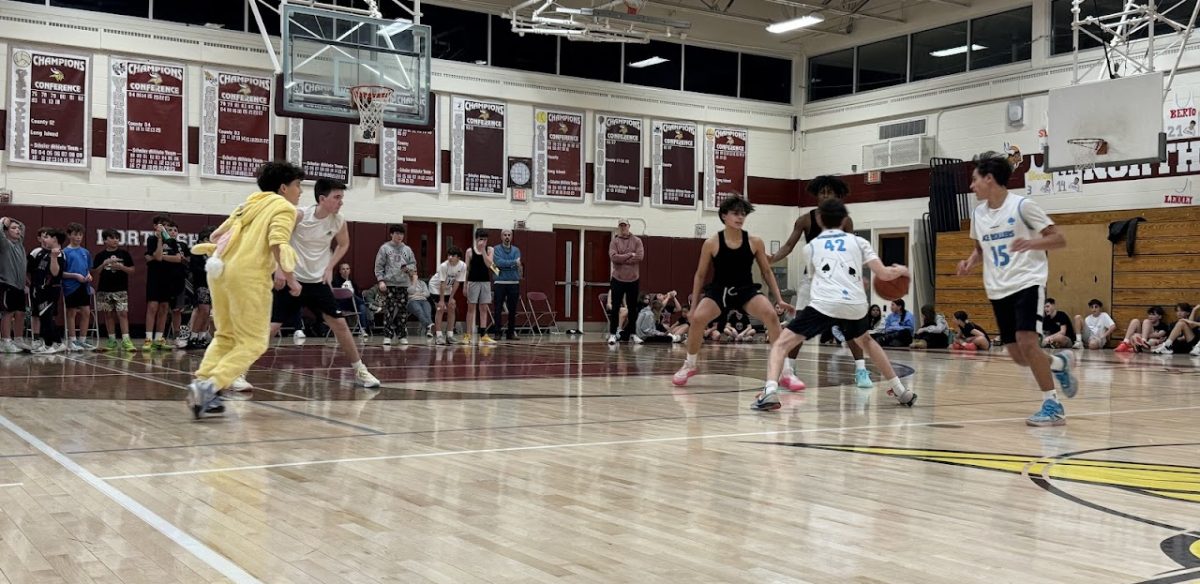Is Detention Really Prevention?

February 8, 2023
Detention isn’t prevention because it doesn’t teach you how to learn from your mistakes and how to fix them.
Two months ago two girls that never really get into trouble were provoking each other in the hallway at North Shore Middle School (NSMS) and started pushing each other. An act of physical aggression is against the NSMS rules. Therefore, the consequence was supposed to be going to detention.
Detention is a time during lunch, recess or after school when students have to give up free time and stay in a classroom with an adult as a punishment where you are supposed to learn from your mistakes.
Even though the students are supposed to be learning about their mistakes and how to prevent them in the future, often the students aren’t well behaved and get into more trouble in detention. According to the North Shore Middle School Behavior Chart, some examples are that teachers supposed to notice are: inappropriate language – mild swearing , lateness to class, abuse of hallway privileges and physical contact -horseplay-minior pushing/kicking.”
There can be a big difference in how detention is handled depending on the staff in charge. One teacher said in an interview, “I always have the students complete service in my classroom like helping to organize books and materials. I don’t have a lot of students that have to repeat detention again.”
However, some staff have different approaches about the detention policy and don’t require the students to do anything. That’s mostly when the students act up to get attention from others because they’re probably just bored. They have been giving nothing to do to teach them about their mistakes and how to solve them. For example, some students may act more aggressively and get in fights during detention because they are angry about being there and have no activity to work on to learn from.
A better approach to prevent the misbehavior from happening again is to talk to a teacher, administrator or counselor about what you did wrong and why you might have done it. This will help a student to learn how to better express their emotions and avoid negative behavior in the future. According to edutopia.org, Chelsea Jennings, who is the principal for an Arkansas school said ““Kids who are frequently in trouble are often testing a system that has repeatedly failed them, but a restorative approach says ‘we are not giving up on you.’” Jennings means to rethink your problems and a new start. This is more helpful then detention because you can rethink what you did wrong and fix your attitude and physical behavior.
Going back to the example of the two girls shoving each other in the hallway, when their parents were called about the incident the Principal and Assistant Principal learned that both girls were struggling with emotional issues they needed help with. Taking the time to talk with an adult and write a letter about their feelings and how it affected their behavior was a more successful way to prevent fighting in the future.
In order for detention to result in prevention, students really need intervention!






































